At the Government Standing Committee's meeting working with joint stock commercial banks on solutions to contribute to the country's socio-economic development held on the afternoon of September 21, representatives of banks shared and made recommendations to the Government.
Proposal to seize secured assets
Presenting to the Government leaders about the difficulties and obstacles, Chairman of VIB Bank, Mr. Dang Khac Vy said that currently, handling collateral assets to resolve bad debts is very difficult. One of the basic reasons is that Resolution 42 of the National Assembly has expired and the new Law on Credit Institutions does not have regulations on the right to seize collateral assets of credit institutions.
Credit institutions cannot seize to handle secured assets even when there is an agreement with the customer on the method of handling secured assets and the right to seize secured assets is stipulated in the security contract in accordance with the provisions of the 2015 Civil Code and Decree 21/2021 guiding its implementation.
This leads to the handling of secured assets depending entirely on the litigation process and the sale of secured assets during the enforcement process. Meanwhile, the process of filing a lawsuit, participating in litigation and carrying out enforcement according to regulations for each case often takes a long time, in the context that banks have to set aside risk provisions, stop collecting interest while still having to pay daily capital mobilization costs.
That situation creates great risks, especially for credit institutions with a high proportion of retail loans, aiming to stimulate demand, having to handle many small-value bad debts, geographically dispersed, leading to high operating costs in debt collection and reducing the ability to promote customer lending.
Therefore, the Chairman of VIB proposed that the Government direct ministries and branches to issue regulations accepting the right of credit institutions to seize secured assets to handle and recover bad debts in cases where the legally signed security contract fully stipulates 3 contents: Stipulating one of the methods of handling secured assets is to organize the seizure of secured assets, stipulating that credit institutions have the right to seize secured assets, and stipulating the procedures for credit institutions to seize secured assets.
Need detailed instructions on receiving real estate mortgages
Regarding the real estate sector, Chairman of the Board of Directors of ACB Bank Tran Hung Huy said that the new laws issued in 2024 have brought about many important changes and positive impacts on the real estate market (such as the Land Law, Housing Law, and Real Estate Business Law).
However, credit institutions wish to have more detailed instructions on accepting specific mortgages such as those related to production and business land (annual land rent payment), especially in industrial zones, according to the current regulations in Article 37 of the 2024 Land Law, which only stipulates the right to transfer, and for mortgage rights, only assets owned by the borrower attached to the land can be mortgaged and there is no provision on mortgage of lease rights in the land lease contract.
This affects and limits credit institutions in determining the annual land lease value in industrial zones, depending on the cooperation of investors due to legal risks when handling secured assets. Meanwhile, market demand is very large.
According to Mr. Tran Hung Huy, in case there are clear instructions allowing the mortgage of property rights such as lease rights in land lease contracts, it will help enterprises using leased land to pay annual land rent to maximize the resources and value of land use rights, create conditions for capital sources for enterprises when they can mortgage additional assets such as lease rights and create a full legal basis for credit institutions in determining the value and receiving collateral assets such as leased land to pay annual rent.
VIB Chairman Dang Khac Vy also recommended the need to drastically promote solutions to promote the safe, healthy and sustainable development of the real estate market.
As the banking sector increasingly increases the proportion of retail credit in its credit portfolio, with real estate and apartments as collateral accounting for a significant proportion of total collateral, the recovery of the real estate market not only has a positive impact on the economy but also helps banks increase lending and handle bad debts.
"We hope that the Government and ministries and sectors will synchronously deploy solutions to promote the healthy and sustainable development of the real estate market, thereby helping banks increase credit safely and strongly.
At the same time, we will continue to implement the policy of not loosening credit conditions to increase credit growth at all costs to avoid future consequences that affect the operational safety of banks and the stability of the banking industry when bad debt increases and profits decline," Mr. Vy said.
Credit growth reached 7.26% Reporting at the conference, Deputy Governor of the State Bank of Vietnam Pham Quang Dung said that by September 16, 2024, credit growth reached 7.26% compared to the end of 2023 (the same period reached 5.73%). Of which, the private commercial joint stock bank sector increased by 8.48%, accounting for 45% of the market share, the highest increase in the whole system. Credit growth for all sectors improved compared to the same period in 2023, credit structure is in line with the economic restructuring orientation... Regarding credit quality, by the end of July 2024, the on-balance sheet bad debt ratio of the credit institution system was at 4.75%, up from 4.55% at the end of 2023 and 2.03% at the end of 2022. The private joint stock commercial bank sector by the end of June 2024 had on-balance sheet bad debt of VND 633 trillion, up 4.8% compared to the end of 2023, accounting for 79.65% of on-balance sheet bad debt of the entire credit institution system; bad debt ratio 7.77%. Profit after tax of private commercial banks in the first 6 months of 2024 reached about 44 trillion VND. Income from credit activities contributed the most to total income (about 76.1%). |
Source: https://vietnamnet.vn/ngan-hang-muon-co-quyen-thu-giu-tai-san-bao-dam-2324636.html


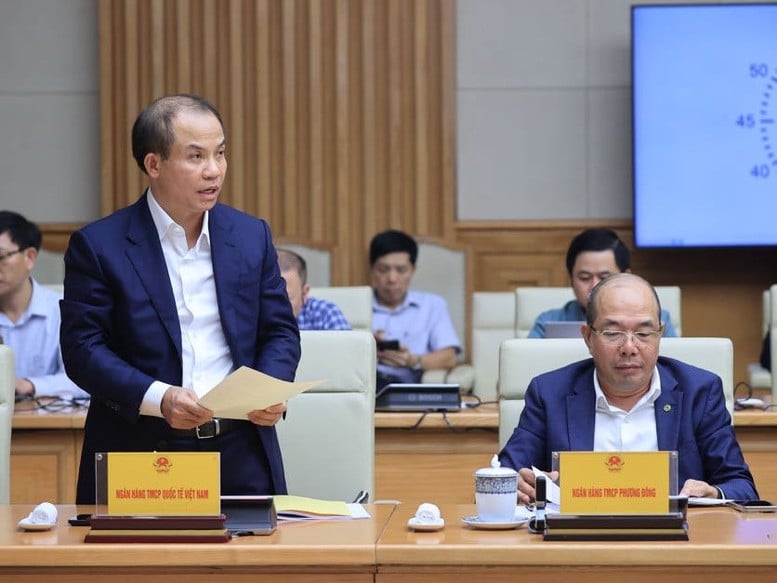


![[Photo] Looking back at the impressive moments of the Vietnamese rescue team in Myanmar](https://vstatic.vietnam.vn/vietnam/resource/IMAGE/2025/4/11/5623ca902a934e19b604c718265249d0)
![[Photo] "Beauties" participate in the parade rehearsal at Bien Hoa airport](https://vstatic.vietnam.vn/vietnam/resource/IMAGE/2025/4/11/155502af3384431e918de0e2e585d13a)




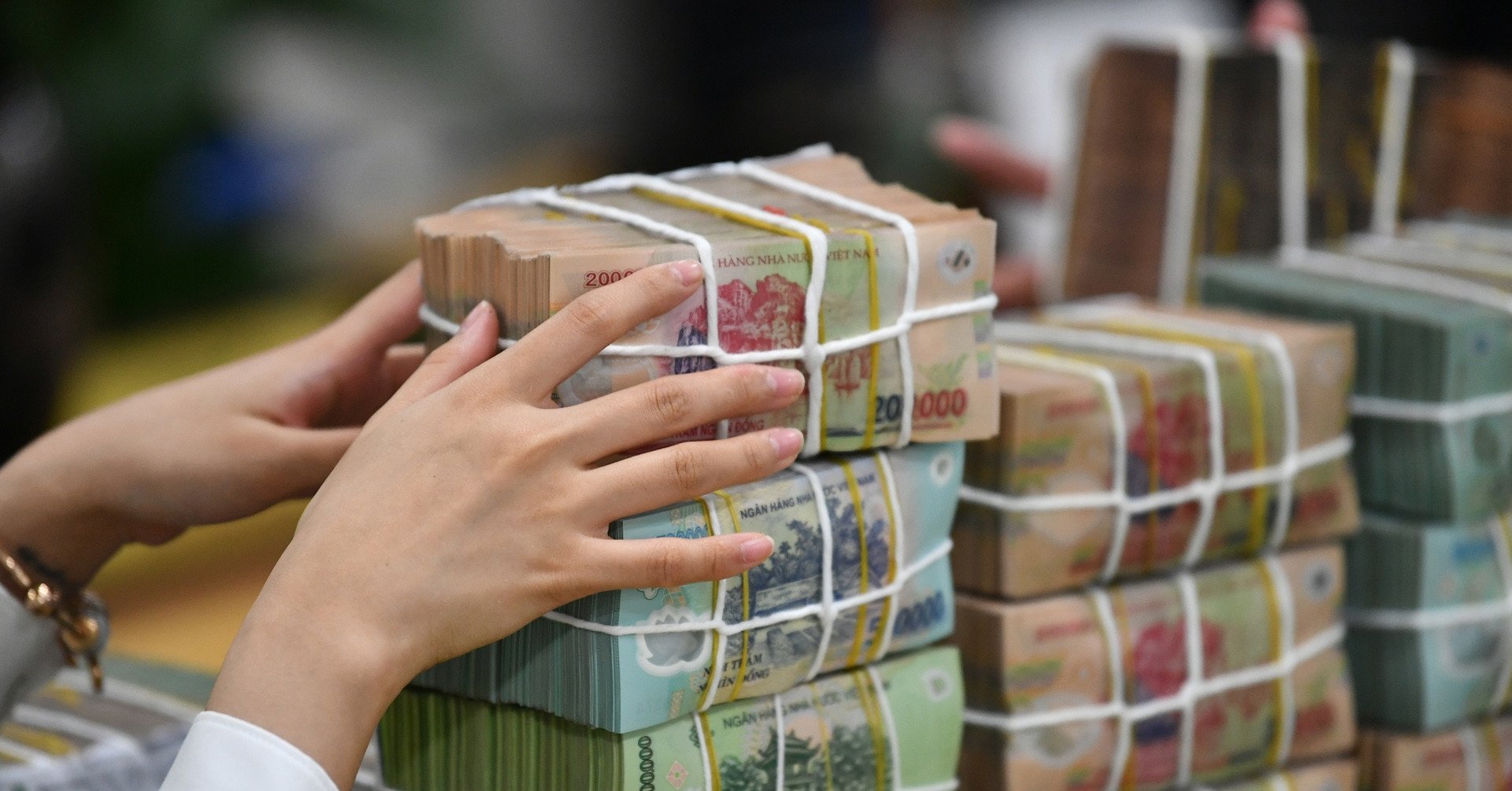

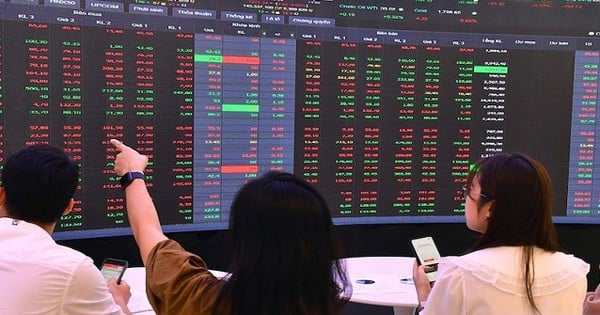

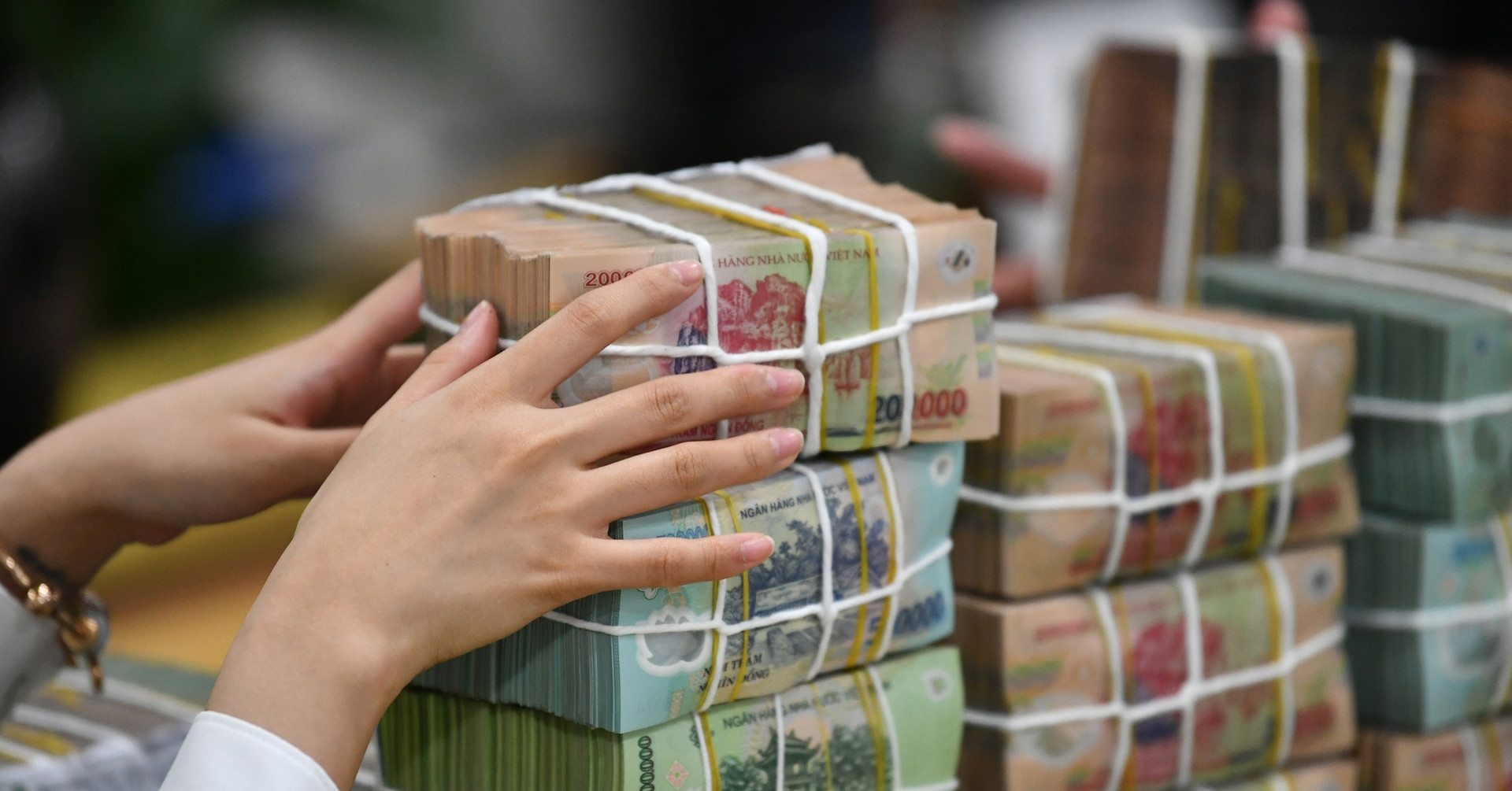
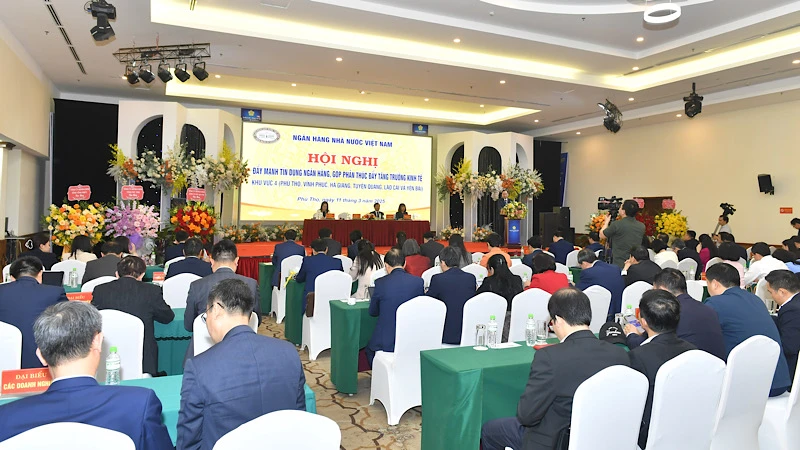


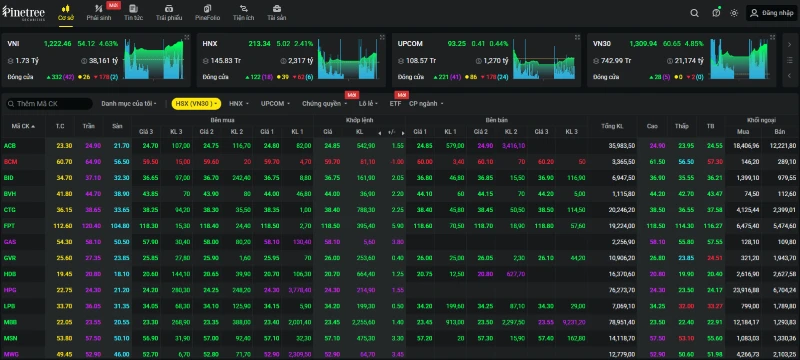
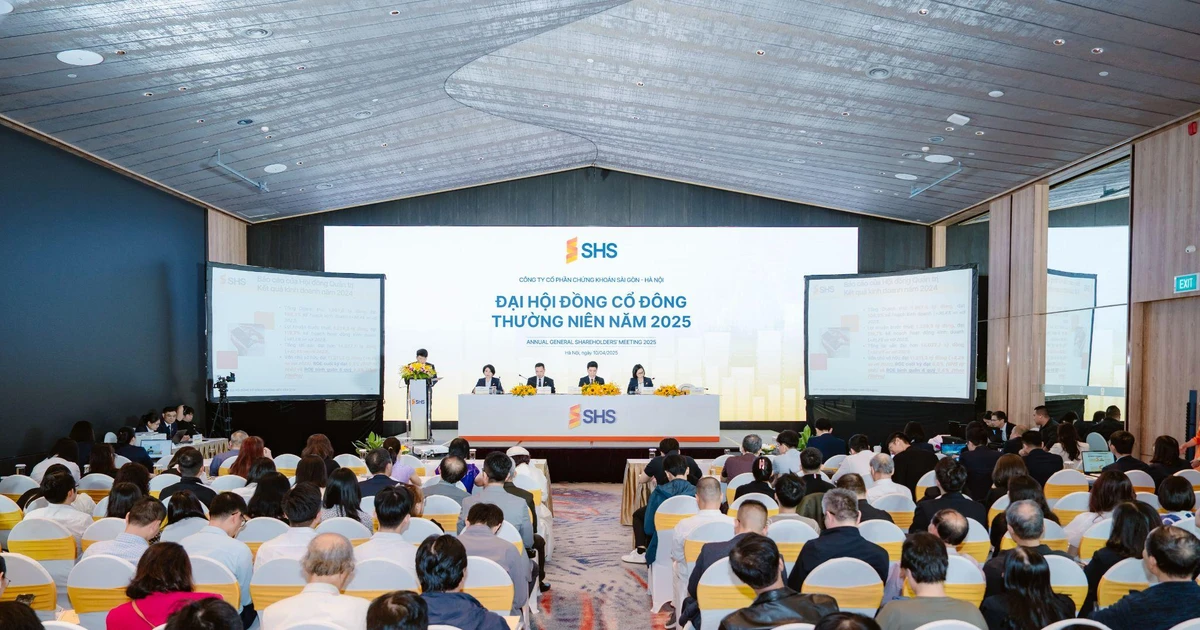





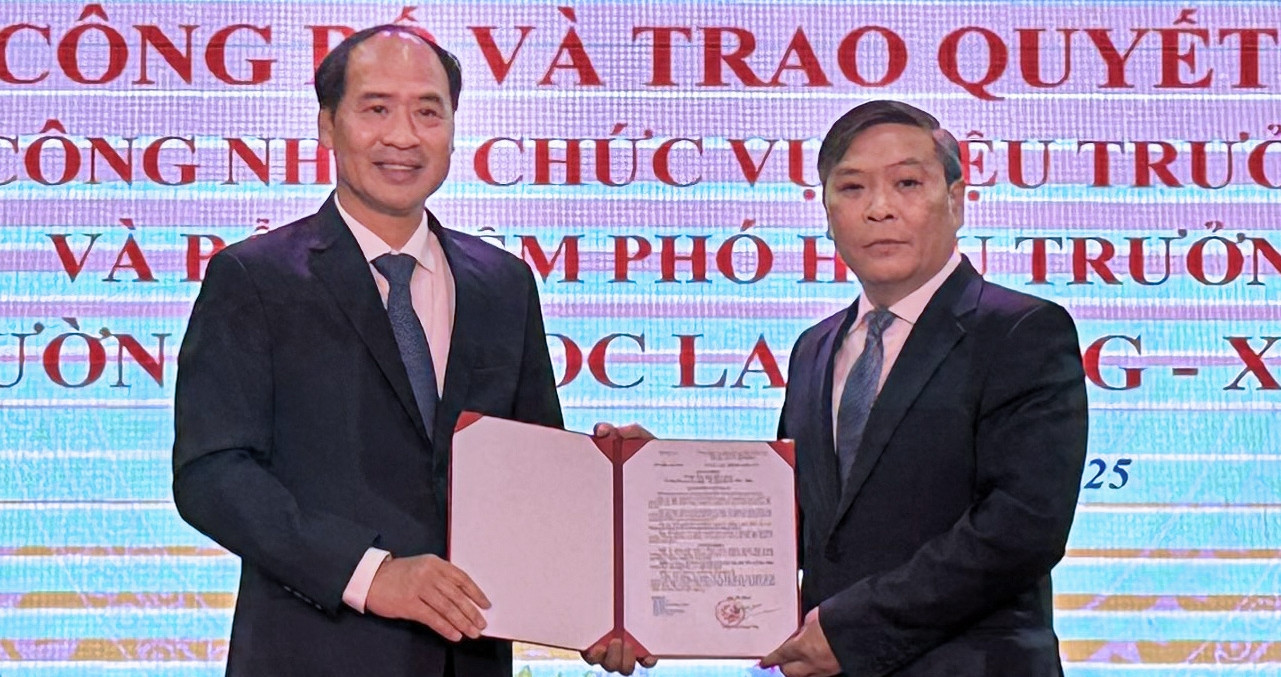






![[Photo] Summary of parade practice in preparation for the April 30th celebration](https://vstatic.vietnam.vn/vietnam/resource/IMAGE/2025/4/11/78cfee0f2cc045b387ff1a4362b5950f)











































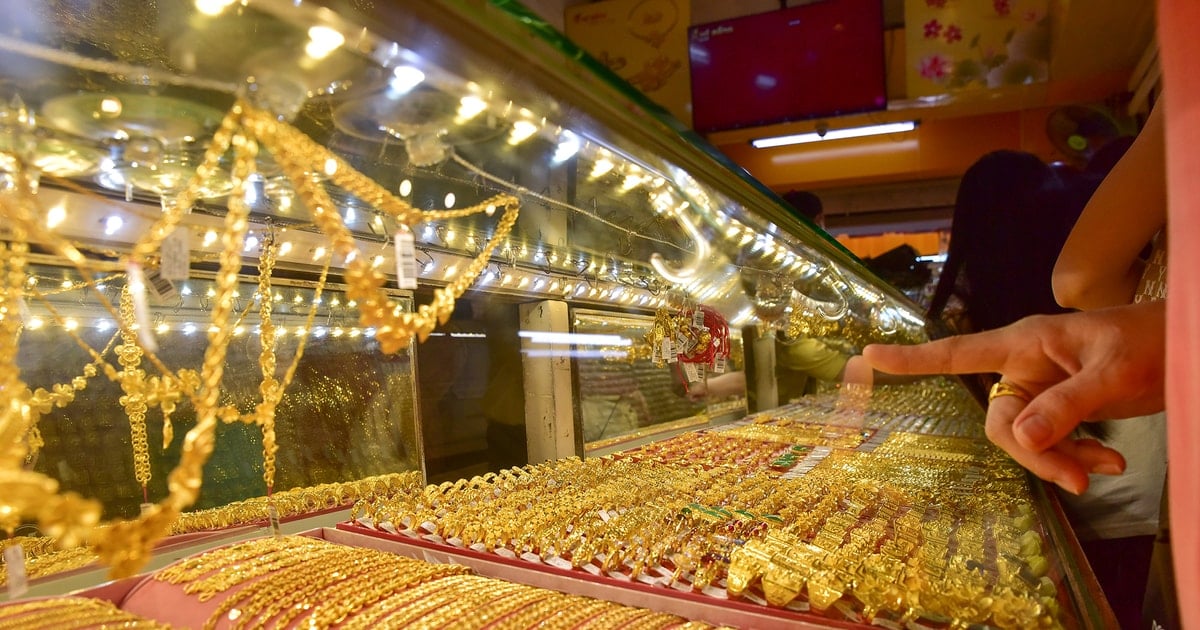

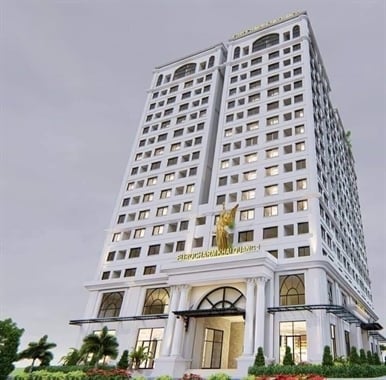











Comment (0)